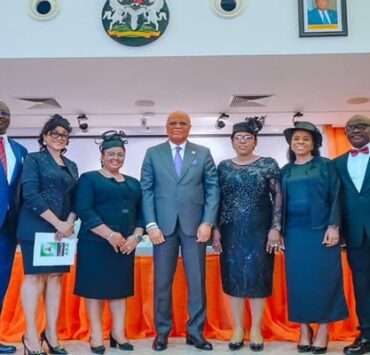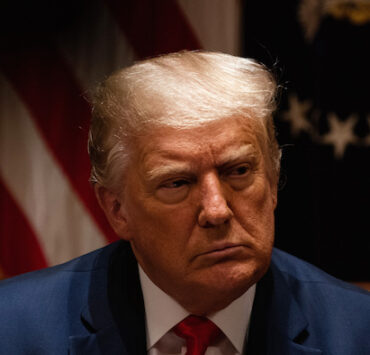Court Restricts ICPC Power to Freeze Bank Accounts to 72 hours

Lawyard is a legal media and services platform that provides…
THE Abuja Federal High Court has reduced to 72 hours the period that the Independent Corrupt Practices and Other Related Offences Commission (ICPC) can freeze suspicious bank accounts.
The court said that allowing the commission to freeze accounts for up to one year, as provided by the ICPC Act, is “totally unreasonable and usurps the powers of the court”.
The court also held that while it had the power to freeze suspected bank accounts under Section 45(1) of the ICPC Act, it ruled that such orders were only valid for 72 working hours, after which they would lapse until extended by a court of law where the investigation had not been completed.
The presiding judge, James Omotosho, stated that although the rights of citizens to movable property and the privacy of their bank accounts were not absolute, allowing the ICPC to freeze an account for up to one year could lead to abuse of powers by the commission as “power corrupts and absolute power corrupts absolutely”.
The judgment arose in a suit filed by Abuja-based lawyer, Mr. Ezenwa Anumnu, on February 21, 2024, on behalf of the Lawyers Network Against Corruption (LNAC),
The network, while seeking court intervention, stated that the ICPC and its chairman had unilaterally directed that the bank accounts of citizens be frozen without court orders or recourse to the courts.
It also noted that the commission and its chairman had ordered banks and financial institutions to withhold the monies and properties of Nigerians found guilty of committing any criminal offence indefinitely without any court order.
The group stressed that these directives had resulted in untold hardship and caused injustice to innocent Nigerians.
In the suit, the network sought a “declaration that having regard to section 36(1) and (2) of the 1999 Constitution, as amended, the ICPC is not empowered to make an order restraining dealings on money or property of a person that is in the custody of a bank or other financial institution;
The group also asked the court for a declaration that Section 45(1) of the ICPC Act, 2020 is inconsistent with Section 36(1) and (2) of the 1999 Constitution and is, therefore, invalid, null and void.
The lawyers further sought “an order of perpetual injunction restraining the ICPC and its chairman, either by themselves, their agents and their privies from making any order restraining dealings on money or property of a person that is in the custody of the bank or other financial institution.”
Meanwhile, in his judgment, Omotosho noted every Nigerian citizen has a fundamental right to own movable and immovable property in Nigeria pursuant to Section 44(1) of the Constitution.
According to him, the idea behind section 44(2)(k) of the Constitution is to give enforcement agencies the powers to seize properties which are suspected instruments or proceeds of crime, and that this helps them to carry out thorough investigations on such properties and prepare cases for prosecution.
The judge, however, wondered if Section 45(1) of the ICPC Act, which empowers the ICPC to simply order banks to freeze bank accounts under investigation, is consistent with the provisions of the Constitution.
While citing Section 36 of the Constitution, which guarantees each person the right to a fair hearing, he also explained that the provision “entails that before decisions are made concerning a person, he must be afforded the opportunity to be heard”.
Omotosho said although the ICPC Act is quite clear on the powers of the ICPC chairman to direct banks to freeze bank accounts, the courts op ined that only courts of law could make sure orders.
He also stressed that allowing the ICPC chairman to “give directives to banks to freeze accounts without a court order is capable of working injustice to the owners of such accounts.”
“This power is liable to being abused as the freezing may last longer than is necessary and throughout the period of such freeze, the owners of the accounts will be left in limbo which may cripple their personal or commercial interests.”
The judge also noted that the drafters of the Money Laundering Act had also granted powers to freeze accounts to the Economic and Financial Crimes Commission (EFCC), which has similar duties as the ICPC, but pointed out that it could only be for a period of 72 hours.
He ruled that the intention of the drafters was to ensure that withdrawals could not be made on a suspected account for at least 72 hours, pointing out that “without this power, a person with a suspected account can easily transfer or use up the funds in the account before the commission approaches a court.”
Lawyard is a legal media and services platform that provides enlightenment and access to legal services to members of the public (individuals and businesses) while also availing lawyers of needed information on new trends and resources in various areas of practice.













